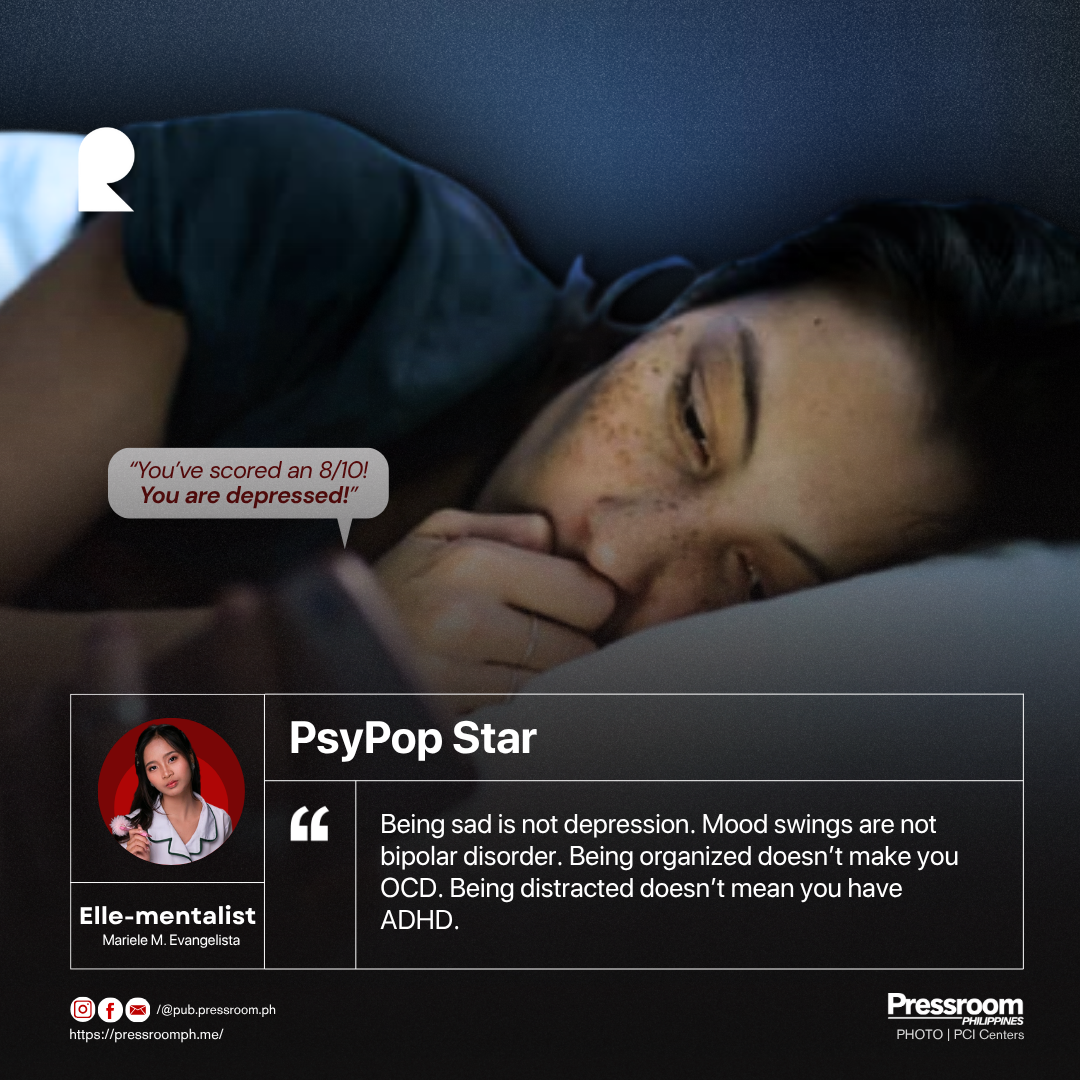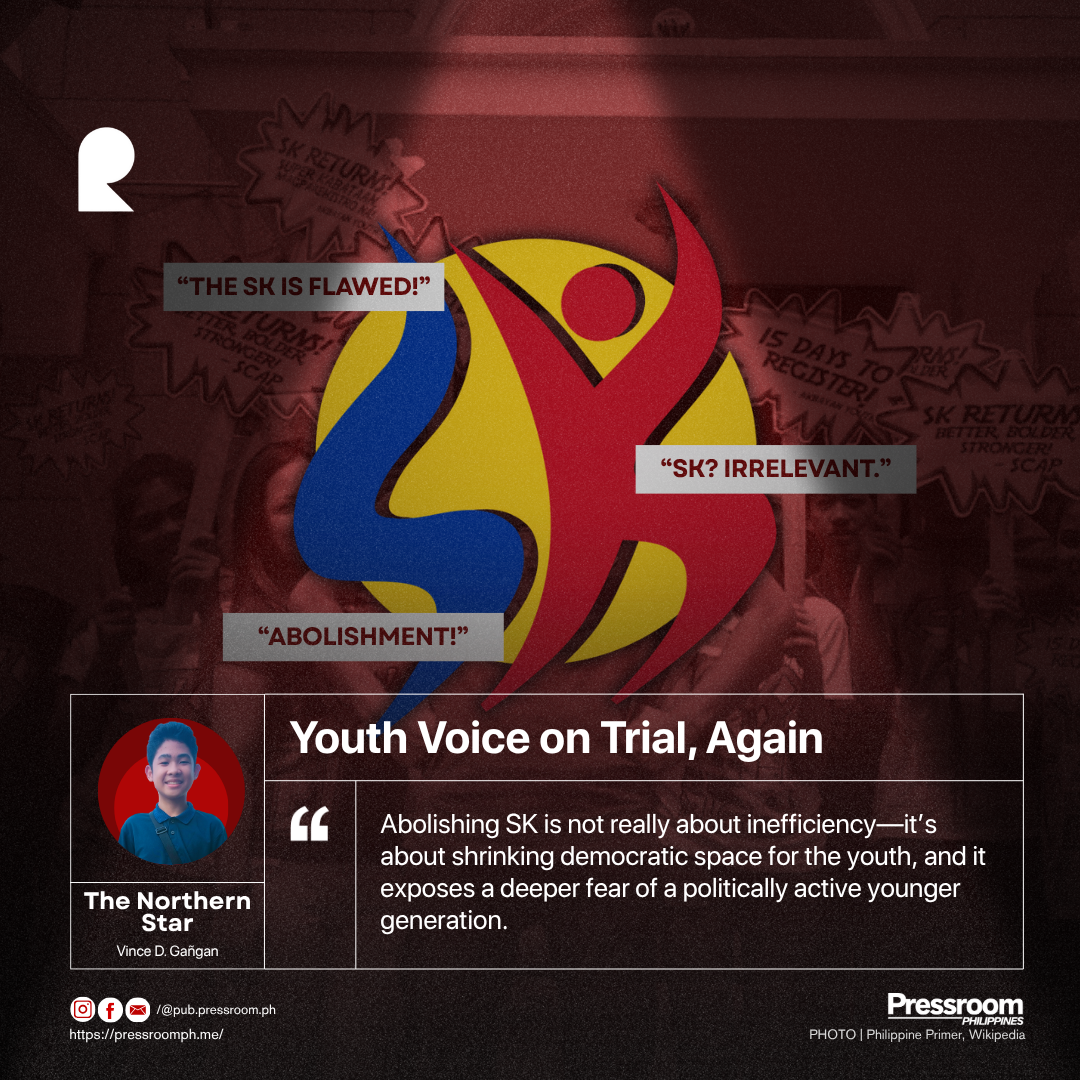𝘃𝗶𝗮 𝗥𝗮𝗶𝘀𝗮 𝗠𝗶𝗰𝗼𝗹𝗲 𝗠𝘂𝘀𝗻𝗶, 𝗣𝗿𝗲𝘀𝘀𝗿𝗼𝗼𝗺 𝗣𝗛
Anger isn’t always sudden. For some, it lives in the silence before a disagreement—the tightness in the chest when things don’t go right. It’s not a roar; it’s a hum. Somehow, the feeling of anger found them early and it stayed. It clings like a second skin, showing up in friendships, in relationships, and even in moments too small to deserve outbursts.
What if anger isn’t a choice, but a signal? A silent call from a part of the self that has been overlooked too many times. Maybe it’s not about the present moment at all, but about a history that never got to heal. An echo of wounds too familiar to notice, too old to put into words.
Not all rage comes from cruelty. Sometimes, it comes from the distorted care by years of not being heard. Anger is what remains when kindness is never safe to express. It becomes the default when emotions are not met but merely managed, and where the hope of being understood feels like too much to ask. When comfort was inconsistent and boundaries were constantly crossed, even affection can feel like a threat. In these moments, anger steps in—not as an attack, but as a defense mechanism.
In the early 1990s, psychologist Jennifer Freyd introduced a concept now known as betrayal trauma. It is a type of trauma that occurs when the people we rely on for safety, love, or support are the very ones who harm us. What makes betrayal trauma distinct is that the betrayed often still needs to maintain a relationship with the person who caused the pain. For example, a child who depends on their parent or guardian cannot simply walk away from the harm because to leave would mean giving up not just shelter, but love, protection, and a sense of belonging. The child has no choice but to stay and adapt.
But the body never forgets. The anger, pushed down for years, eventually finds its way back to the surface—not as a memory, but as a reaction.
An angry person does outburst, yes. But more often, it simmers beneath the surface as sharpness in everyday conversations, irritability at minor inconveniences, a shortness of temper when patience is demanded, or distrust that makes connection feel impossible. They don’t always mean to hurt; they just don’t know another way to feel safe. It becomes a kind of armor: reactive, guarded, and exhausting.
This version of anger is rarely met with understanding. Instead, it's quickly labeled: “toxic,” “too much,” or “suffocating.” Friends grow distant. Partners grow tired. The workplace calls it unprofessional; loved ones call it draining. Few take the time to ask what it’s protecting, or where it came from. They see only the reaction, not the restraint it took to hold back worse. So shame soon follows, a heavy burden felt for overreacting, for hurting someone, for feeling utterly lost on how to be better.
And maybe that’s the hardest part. You can try to explain yourself and share the story behind the anger, only to be met with silence or even dismissal. Not everyone will understand. Some won’t even try. You can’t force people to see what they’ve already decided not to look at. And the more you push yourself to be accepted by those who don’t make space for your truth, the more you deplete what little peace you have left.
Clinical psychologist Dr. Ramani explains that betrayal trauma often leaves people unaware or even blind to the harm they've endured. It’s a survival response: when the person who hurt you is also someone you depend on, facing the truth can feel impossible. So instead, the mind buries it. You learn to function by minimizing, dissociating, or pretending it didn’t happen.
But buried trauma does not stay silent forever. It shows itself through behaviors that feel out of control, or patterns of escape that only lead to more pain. The more a person tries to suppress it, the more it seeps into the relationships and spaces that matter most.
Sometimes, healing begins not by staying, but by learning to walk away and choosing to focus on yourself—away from those who cannot meet you with care. You can’t heal in the same place that hurt you. And the more you try to be understood by people who refuse to understand you, the more you abandon yourself in the process. Because once you realize that the anger you carry is a mirror of the hurt you received, you can no longer ignore what needs to change.
Underneath all the anger and defense is a simple longing: to be accepted without fear, to speak without being shut down, to exist without always waiting for something to go wrong. Trauma doesn’t erase that need—it just buries it. But with time, and a little courage, that part of you can come back to the surface. So for now, try to give yourself what others couldn't: safety, space, and the chance to finally feel whole.
.png)
.png)
.png)



